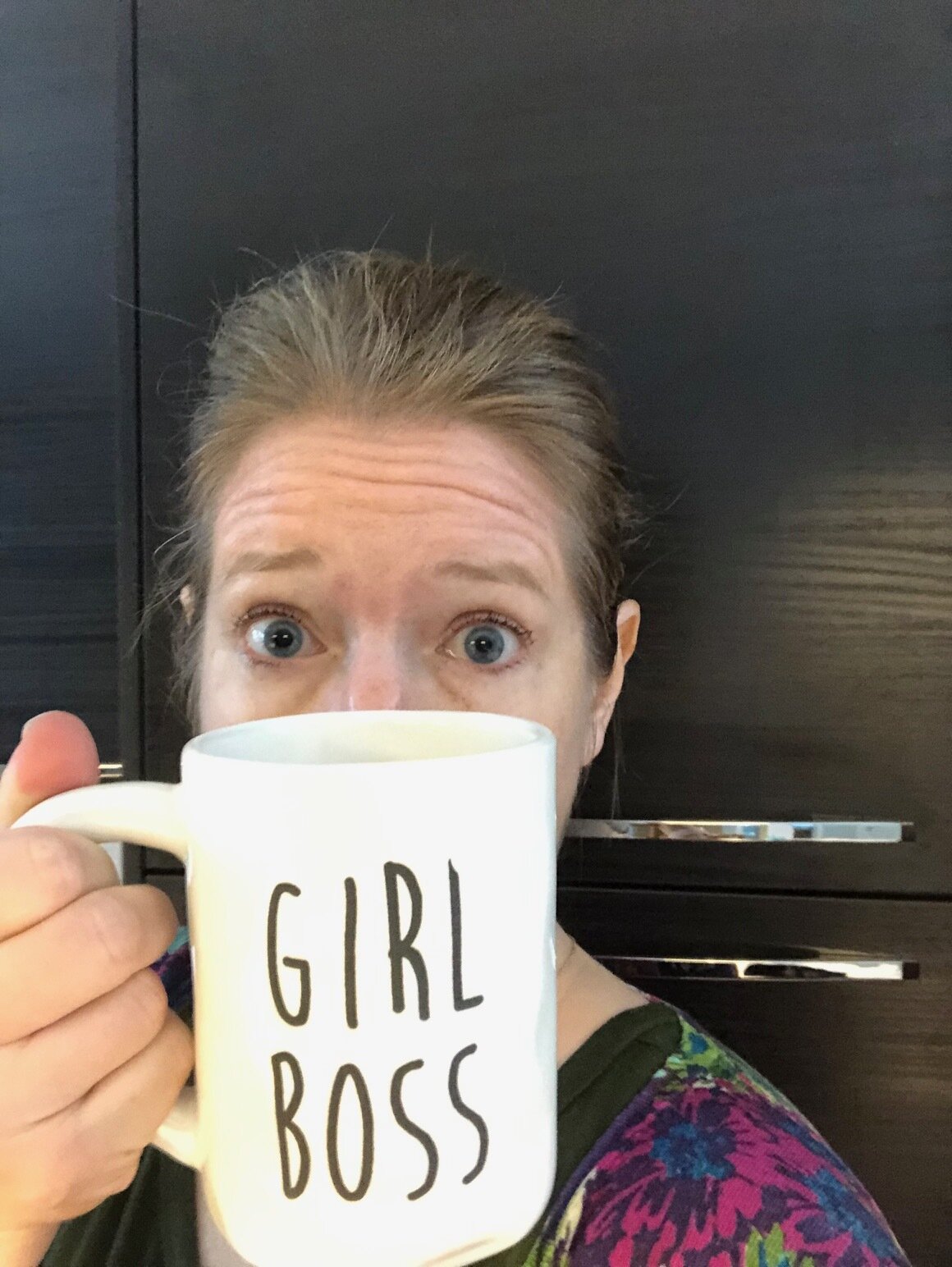In the science and engineering industry, seeing a “PE”, “LG”, “PMP”, or other initials behind someone’s name shows that person went through years of work experience that culminated in a substantial test to confirm the right to practice their area of technical expertise. A professional license is a proof statement that communicates that the people charged with designing roads and buildings; solving water supply challenges; cleaning up contaminated soil and water; and successfully managing project quality are qualified and ethically accountable professionals. Many go through this licensing journey but few outside that group know what the process is really like.
We’re telling those stories here. Aspect’s professionals are writing a series of articles that capture the trials and successes of studying for and receiving these career-defining milestones.
Isabellah von Trapp, Licensed Geologist (LG)
Test taken: October 2021
Results given: November 2021
Isabellah at Mt. Rainier demonstrating how she felt when she received her LG exam results.
Where did you start with your test prep?
I got out some construction paper and my favorite markers and drew a big, beautiful geologic time scale and geologic diagrams (e.g., fault blocks, Bowen’s Reaction Series, etc.). I hung them on the wall adjacent to my desk so it would be a constant reminder to study. Helpful? Not really. But it was a nice and fun way to ease into reviewing what initially felt like a very daunting amount of material.
What were your study tactics?
Practice tests, reviewing the study guide, flipping through flash cards, desperately seeking ASBOG advice on Reddit (r/geologycareers for curious minds), etc.
Walk us through the Big Test Day…
I woke up around 8 am. The test didn’t begin until early afternoon, so I tried to sleep in as much as my body would let me. Despite the nerves and not feeling hungry at all, I forced myself to eat something. I opted for oatmeal, a clementine, and some coffee. I put on my favorite jeans (for style) and favorite flannel (for comfort). Perhaps unsurprisingly for a geology exam, the exam room, as I would later find out, was full of people in very similar outfits.
Having an intense fear of being late, I left Seattle around 9:30 am for a 1pm exam in Olympia. On the drive down I listed to all my favorite music. Upon arrival, my extra time – given the dramatically early arrival – was spent reviewing the study guide in my car. I don’t think I learned anything new at that point but it eased my mind to have one last look at things.
There was a lot of nervous energy in the exam room leading up to the test. I remember the first page of questions being fairly easy, which inspired initial confidence, but they seemingly got harder as the exam progressed. Afterwards, I genuinely felt pretty bad about the way it went. I drove home semi-deflated but happy to be done in the interim. Later that evening I met my friends at a cabin on a lake for the weekend. It was nice to get my mind off the test.
How did you feel when you got the results?
Honestly, I was shocked. One of my old college classmates took the exam at the same time. He called me one Thursday night (after I had just landed in New Orleans for a short, extended weekend vacation) to see how I did as he had just received his passing results. Anxious, I checked my email. Nothing! I refreshed my email approximately every 10 minutes for a few hours but didn’t hear anything that evening. At this point, I assumed I failed and would be a recipient of the “We regret to inform you” email the next day. Much to my delight, I got a congratulatory email and a digital copy of my newly minted license the next day. A sunny Friday in New Orleans was the perfect time and place to receive this news. You can bet I took myself out for a beer (or two) after that!
What was the best piece(s) of advice you got from others who’d done this before?
Life does in fact go on if you don’t pass the exam on the first try.
Even if you do pass, you will probably feel like you didn’t afterwards so there’s no sense in stressing during the approximate 45-day period it takes to get your results. Think “ignorance is bliss” purgatory.
What should a person gearing up to do this know about the mental, physical, and social challenges of test prep?
Depending on how you study/absorb material, you probably won’t have much of a life for a month or two leading up to the test. However, you probably will not set yourself up for success if your mental batteries are drained at the expense of your physical and social health. I think it’s critically important to give yourself a break. About 3 weeks before my exam, I skipped a weekend study session to go backpacking through the Enchantments with my friends. This was probably the best thing I could have done.
Any parting advice for those getting ready to embark on this journey?
The LG exam is offered twice per year – once in March and again in October. If possible, try to take the exam in March so you can spend the rainy winter months inside studying instead of the coveted, sunny, August/September days. Also, have a treat on deck to enjoy immediately after the exam is finished. I did not anticipate how hungry I would be afterwards. Unfortunately, I did not heed either piece of my own advice in this instance, but that is okay. Hindsight is indeed 2020.














